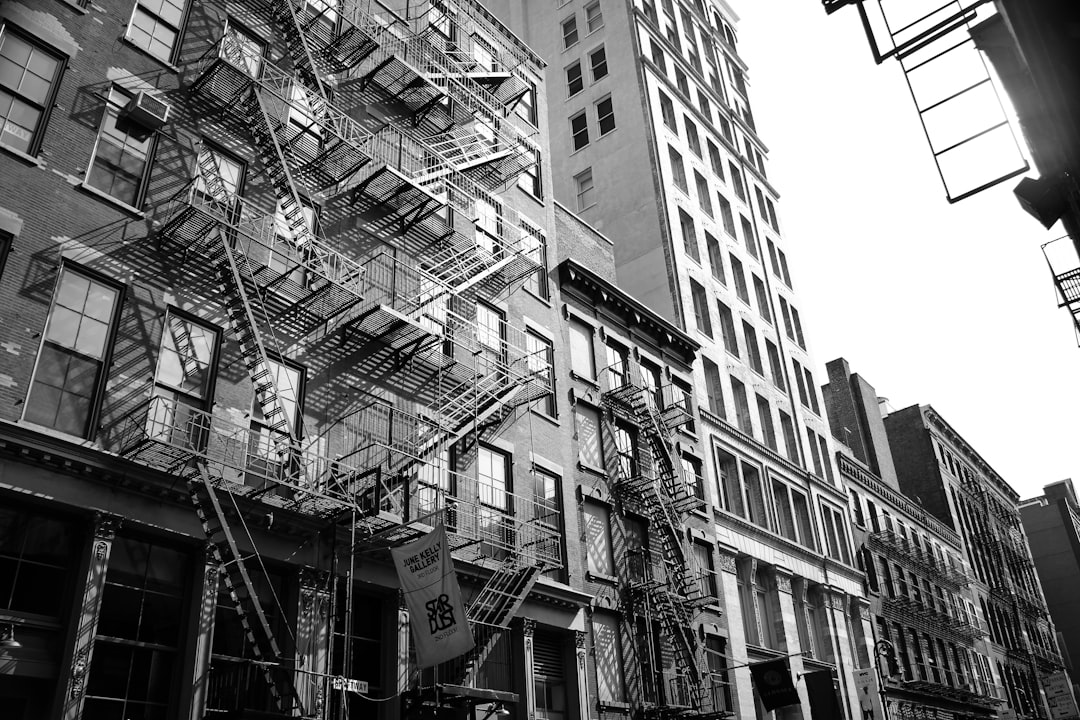Manhattan Covers: Essential for Urban Construction
Price source: Costs shown are derived from our proprietary U.S. construction cost database (updated continuously from contractor/bid/pricing inputs and normalization rules).
Eva Steinmetzer-Shaw
Head of Marketing
Understanding Manhattan Covers: Essential for Urban Construction
Manhattan covers, including window well grates and rooftop hatches, are crucial for protecting residential structures. These components require precise pricing and installation, with costs ranging from $150 to $500 per opening. Accurate estimates are vital, especially in Manhattan's dense environment where every inch counts.
Types of Manhattan Covers
- Window well covers to prevent debris and water ingress
- Stairwell canopies for cellar entrance protection
- Rooftop equipment screens against harsh weather
- Custom glass sidewalk hatches for NYC code compliance
Each type demands specific materials and installation strategies, emphasizing the need for precise budgeting and planning.
Challenges in Estimating Manhattan Covers
Manhattan's construction landscape is complex, with varying building codes and labor rates. Using outdated cost data can lead to significant financial losses.
Key Considerations
- NYC Building Code requirements for load-bearing covers
- Local Law 97's push for energy-efficient assemblies
- Weather conditions necessitating durable materials
Real-time pricing is essential, and CountBricks provides up-to-date cost data from local suppliers.
Streamlining Projects with CountBricks
1. Voice-Driven Scope Capture
Use your phone to capture site details, converting them into structured project plans.
2. AI Blueprint Takeoffs
Automatically detect and plan for necessary components, reducing manual errors.
3. Real-Time Material Pricing
Stay updated with current material costs, protecting your profit margins.
4. One-Click Proposal Generation
Create professional proposals quickly, enhancing client communication.
Cost Drivers for Manhattan Covers
Material Selection
- Galvanized steel: cost-effective but heavy
- Aluminum: lightweight and corrosion-resistant
- Laminated glass: aesthetically pleasing but requires strong framing
Labor Productivity
Urban installations require additional considerations like permits and union rules, impacting costs.
Permitting and Inspections
Compliance with NYC regulations is crucial, and CountBricks helps integrate these into your project timeline.
Installation Steps with CountBricks
- Capture site conditions with voice walkthroughs
- Approve AI-generated scope and pricing
- Submit purchase orders through the platform
- Coordinate deliveries with real-time data
- Log changes for accurate estimates
Pro Tips for Contractors
- Verify measurements against plans
- Use tamper-proof hardware
- Schedule deliveries to avoid surcharges
- Use compatible sealants to prevent damage
- Regularly update material libraries
Lifecycle Management Beyond Estimating
CountBricks stores project data for easy access and maintenance, ensuring long-term success.
Get Your Quote Today
Whether you're managing a single project or multiple installations, CountBricks offers fast, accurate estimates. Visit CountBricks.com to start your project today.
Case Study: TriBeCa Loft Window Wells
A recent project involved converting a historic warehouse into luxury lofts, requiring custom window well covers. The covers needed to support 300 lb loads while allowing light into the basement gym.
Project Challenges
- Irregular brick openings
- Limited access for deliveries
- Historic district requirements
CountBricks Solutions
- Used mobile app for quick data capture
- Sourced materials at competitive prices
- Coordinated deliveries to avoid fees
- Adjusted labor estimates for accuracy
Project Outcome
The project was completed within budget, demonstrating the effectiveness of AI-driven estimating in complex urban environments.
Start Your Success Story
For efficient and accurate construction estimates, visit CountBricks.com and see how we can support your next project.

